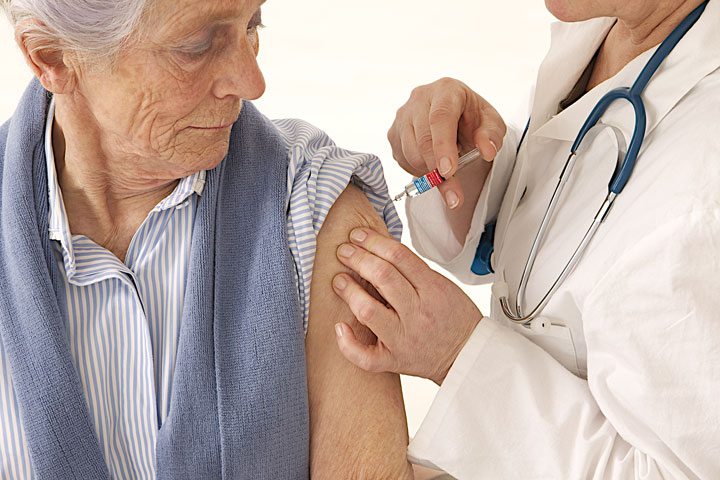Vaccination rates of older Americans continue to rise. Nationwide statistics reveal that Americans who have reached the age of 65 have the highest rate of vaccination among all age groups. As of October 21, 2021, 96% of Americans ages 65 years or older have received at least one dose of a vaccine and 84.5% are fully vaccinated.
Vaccinating seniors against Covid-19 has been a priority. A healthy senior might not be at greater risk of complications than a younger person, but seniors are more likely to have the kind of health conditions that enhance the danger of developing a serious illness after exposure to the coronavirus.
Vaccinated seniors are finding it easier to resume their pre-pandemic activities, including exercising, shopping, working, and visiting restaurants with friends and families. Like everyone else, however, they may need to prove their vaccinated status before they can take full advantage of easing pandemic restrictions.
Proof of Vaccination
Federal employees must generally produce proof of vaccination or be subject to frequent testing for a Covid-19 infection. Some state and local governments have imposed similar requirements, while other states have taken a stance against vaccine mandates for public employees.
Many private employers, particularly in the healthcare industry, have required employees to become vaccinated. Companies as diverse as McDonald’s, General Electric, and Microsoft are requiring some or all of their employees to be vaccinated. Retirees who want to reenter the workforce and older Americans who want to retain their employment may need to show their vaccination card as a condition of earning a paycheck.
A growing number of businesses offer discounts or freebies to vaccinated customers as an inducement to obtain vaccinations. Several restaurants and stores are requiring customers to show a vaccination card before they can be admitted to the premises. While Florida and a few other jurisdictions have attempted to ban “vaccine passports,” the legal community generally agrees that a private business can usually refuse service to unvaccinated customers without violating any law.
International travel may also depend on proof of vaccination. Foreign nations typically require proof of vaccination (and possibly a recent Covid-19 test) before non-citizen travelers will be admitted to the country.
Given the potential importance of proving vaccination status, those white cards that serve as proof of vaccination have become a critical document. Unfortunately, their awkward size — slightly too big to carry unfolded in a wallet but small enough to misplace easily — can lead to distressed “Where did I put it?” moments.
Scanning the card and saving the scan to your computer or cellphone will help individuals retain evidence of a vaccination. An alternative precaution is to take a picture of the vaccination card and save it on a phone.
Replacing Vaccination Cards
At this point, there is no national database that allows easy access to proof of vaccination. Displaying a QR code on a cellphone would be a simple way to prove that a user has been vaccinated, but the idea of creating a nationwide vaccine passport has met with political opposition in some states.
At the moment, keeping track of vaccination cards is the best way to gain access to businesses that require proof of Covid-19 immunization. Losing a vaccination card can be a hassle for individuals who need to prove that they have been vaccinated.
The first step in replacing a lost vaccination card is to contact the provider of the vaccination. Walgreens, CVS, and other pharmacies keep a record of the vaccinations they administer. They should be able to print a replacement card or a record that documents the date of administration and vaccine administered.
Some pharmacies will also provide an electronic copy of the vaccination card. Registered customers of the pharmacy may be able to access that information online.
If you received a drive-through vaccination and can’t remember who provided it, your state health department should be able to provide you with that information. The CDC has contact information for each state’s Immunization Information System.
